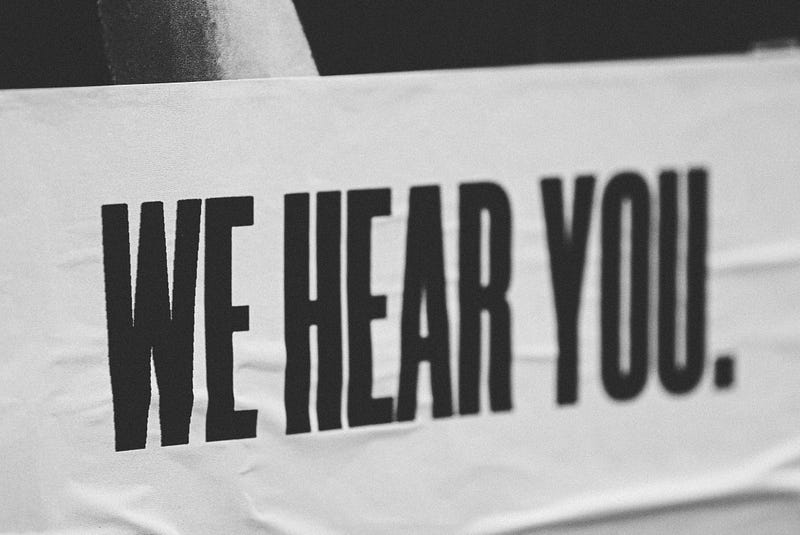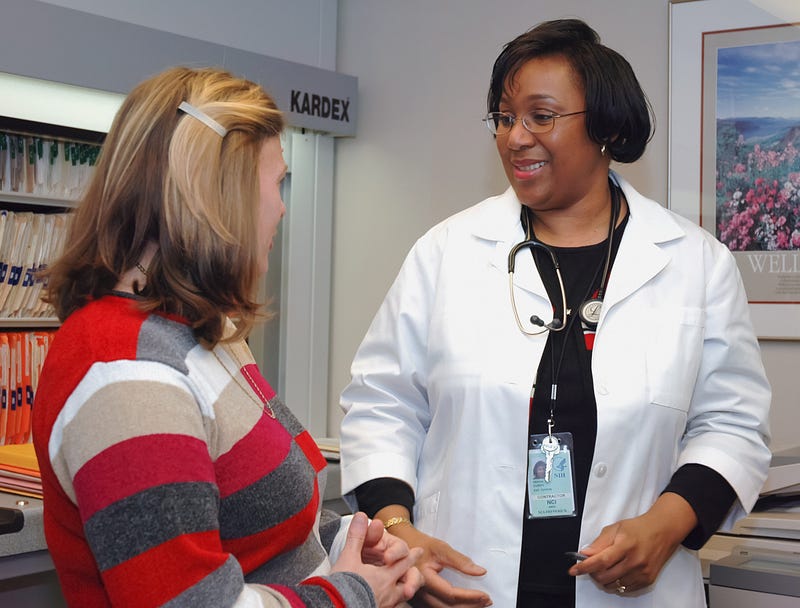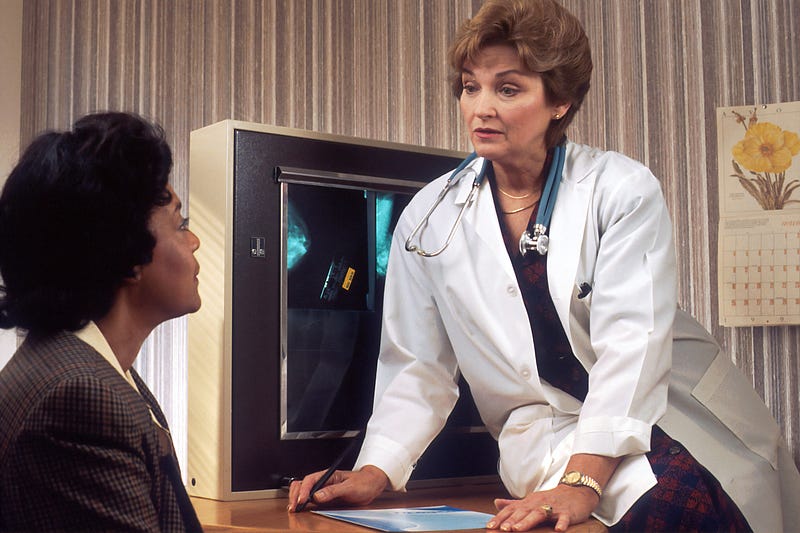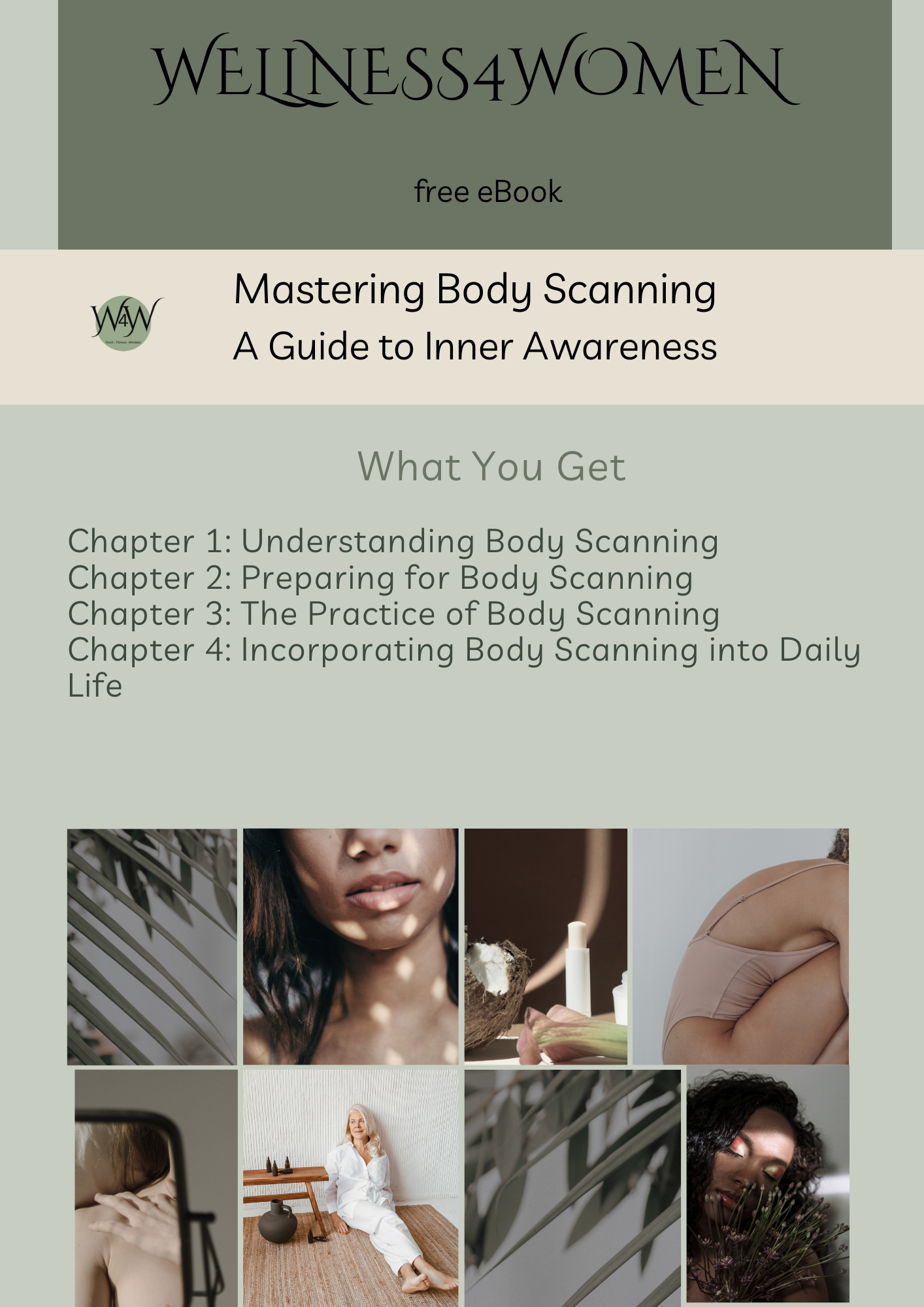We must listen to lived experiences to understand the subjective experiences of mental health.

I have a Master of Arts in Counselling and am studying for a health, wellness and personal development diploma.
What I was taught in university relied heavily upon research over 100 years ago. Learning from past wisdom is good; however, many changes have occurred. Culture and people have changed, our cultural expectations have changed, and our understanding of mental health needs has changed.
What was seen as a mental health problem 20 years ago might be diagnosed very differently today.
In different cultures, there are different behaviours from that of the West. Therefore culture needs to be considered when diagnosing a mental health problem. So, for example, you may think your neighbour is just plain nuts, whereas he and his family may say that his behaviour is acceptable and expected.
We, as individuals, are often encouraged to address mental health problems. However, it would help us if we knew what mental unhealthy- ness looked like to determine our own mental healthy accurately.
What the Studies Show
In my research for this article, I found a new study published about Digging Deeper Into What Constitutes a ‘Mental Health Problem.
This study provides a greater clarification of what constitutes a mental health problem.
Another study published in the Journal of Mental Health was based on a review of over 100 publications that referred to “mental health” or “mental illness”. The study identified 34 theoretical models to understand the nature of mental health challenges.
The study points out that while understandings of mental health continue to evolve, it is imperative to include a variety of diverse perspectives to promote reasonable outcomes.
It’s hard to understand all those involved in such studies. But we must understand the outcomes and what they may mean to us. Analysing research can be a minefield even for us professionals in the field.

In this post, I aim to understand better some of the complex mental health problems and issues.
A study found no clear consensus on whether mental health is a disease. Also, there was no precise data to determine if the participants thought about its cause. Nor did The patients know what constitutes a mental health problem.
Maybe people don’t think along those lines. Maybe folk subliminally understand mental health through education, traditions, family, religious beliefs, memes, and urban legends.
Researchers found that most people understood mental health more by how it manifested in their life rather than by relating to biology and medicine.
Researchers realised they needed to learn from the people experiencing mental health issues.
We All See Through Different Eyes
In his work, Dr Lagoy highlights, Digging Deeper Into What Constitutes a “Mental Health Problem” | Mindpath Health “Having a more diverse outlook and listening to other points of view can only make one more understanding and better at treating mental health problems.”
Furthermore, Dr Lagoy explains, “What forms a mental health problem can be extremely subjective depending on the time and society in which one lives.”
In other words, what may be a mental health problem to you may not be a problem to someone else.
So, for example, you may think your cousin is just plain nuts. But his family may say that his behaviour is acceptable and expected. And many cultural and social factors define mental health.
It’s interesting to note that in the middle ages, schizophrenia was revered as having a connection with the divine.
Many years ago, I worked in a mental hospital as a chaplain. Most schizophrenia patients had religious experiences that convinced them of being God-like. One of my patients believed he was God, another an angel?—?you get my drift!
So, the outcome of Dr Lagoy’s study showed that determining one’s own mental health is problematic because it is so subjective.
A Multidisciplined Approach
When medical and psychiatry personnel consult with one another, they can diagnose their patients more accurately. This multidiscipline approach is where psychology, psychiatry and medicine should meet.
Dr Lagoy highlights, “The study touches upon how we need to be more open and diversify the different approaches of classifying mental health and rely more on nonmedical personnel for their unique point of view.”
Dr Lagoy says an accepted symptom set only sometimes points to the problem.
For accurate diagnoses, one must listen to the lived experiences of the patient. Only by listening to the patient’s stories can we understand their mental health.

Self Diagnoses is Problematic
Research indicates that you can’t accurately diagnose yourself with a mental health problem by ticking off a list of symptoms.
Your mental healthiness can’t be understood by a set of symptoms that you may find on the internet. Our mental health needs are specific and different from others.
So, a diagnosis must be made by certified, trained medical professionals.
Only a professional can determine what mental unhealthy- ness looks like for you.
The research shows the importance of psychological and medical understanding and evaluation. The professionals should hear what you are going through and your point of view.
When to Seek Help
If you think something needs to be corrected with you. Maybe you are worried you may have a mental health problem; if so, it’s time to seek professional help.
If this article has helped you in a small way, please like it and feel free to comment. Please follow and subscribe to receive regular updates, which will help me reach more people- thank you.
Thank you for reading to the end. For more articles, visit Your Wellness Matters at www.paularoseparish.com. We collect Donations for Welsh Women’s Aid -Thrive the Pt Talbot division. If you wish to find out more & donate, click HERE.
My Articles are also posted on www.medium.com
I have worked internationally with over 40 years of experience, having a Bachelor of Pastoral Counselling and Theology and a Master of Arts in Counselling & Professional Development. BACP Life Coaching Certificate. I currently work as a Christian educator, blogger, author, and grandmother living with my two dogs in Wales, UK.



